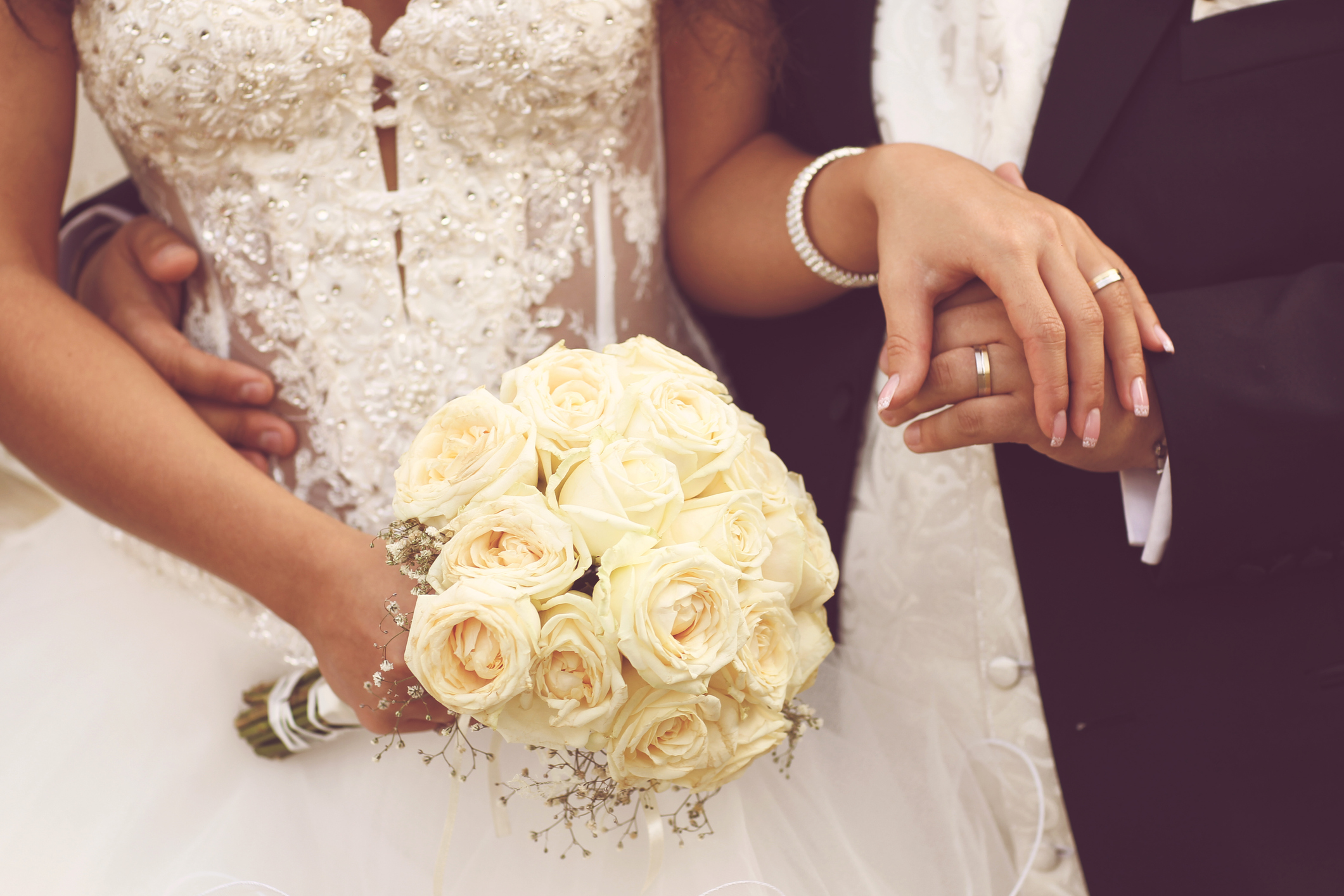Myths of Marriage
Will Goodwin, M.A

The music swells as the couple finds each other on the street. The credits roll with the lovers in one another’s arms, vowing to never be apart again. The camera zooms out and the audience is left to imagine what comes next: the happily ever after. While it is a smart move for Hollywood to forfeit the infinitely more complicated “next step” of relationship or marriage, those of us in the real world don’t have the luxury of a dramatic exit. We are left at the end of the wedding alone with our new partner, or in the aftermath of a major fight with our spouse, often wondering “what next? This part isn’t in the movies.”
This kind of narrative has led modern relationships down a path of heavy emphasis on romance as the deciding factor for marital partnership. Many individuals are unable to separate the idea of romance and love, demanding that their partner deliver specific feelings to them, or they may be deemed unworthy. Even in the context of marriage, the loss of the butterflies or overwhelming passion can lead couples to believing that their relationship is doomed, sometimes throwing in the towel in favor of another exciting possible partner. But this emphasis on romance (read: feelings) has only recently become the norm.
Historically, marriages were used for all kinds of purposes; to form alliances, collect economic support, or even to expand a family labor force. Now, most see marriage as a means to more happiness; believing that getting married leads to a fairytale style “happily ever after.” This belief is so strong that few people include any kind of formal counseling as part of their marriage preparation. Engaged people often forego this process believing that their love is strong enough without any kind of training or tool gathering.
Unfortunately, this “rose-colored glasses” view leads many people to enter marriage with an unrealistic view of their partner or marriage as a whole. Instead of facing challenges with eyes wide open, they idealize marriage and their partner, setting themselves up for unhappy discoveries in the next few years. When the romantic feelings ebb and flow (which they inevitably do because feelings are fluid) they feel unhappy because their partner does not seem to be as shiny and exciting as they once were.
What we know, is that if those same individuals were to enter marriage with recalibrated expectations, their chance of success would significantly increase. When a couple aligns their expectations, they set themselves up to start out on the same page, rather than finding that they are reading different chapters of different books. Too low expectations of your partner can lead to poor treatment. Too high expectations of your partner can lead to disillusionment and resentment. Expectations that are in line with both of your values lead to growth for both partners in the context of a committed and loving relationship. Expectations are only an issue when they are misaligned or unreasonable.
A great way to get on the same page with expectations is to bust a few myths the general population believes about marriage/their partners:
- MYTH: We expect exactly the same things from marriage.
We all grow up in different environments, building unspoken ideas about marriage and roles. Unless we explicitly communicate those things, our partner will be in the dark. - MYTH: Everything good in our relationship will get better.
There are things we must sacrifice and there are things we gain in marriage. One of the most significant losses is the idealized version of our partner we may still be holding onto. But even this loss ultimately moves the marriage toward health. - MYTH: Everything bad in my life will disappear.
When you leave the wedding, you are still the same people. Marriage is not a magic pill that will heal you and wearing fancy clothes for an evening filled with celebration does not transform you into a different couple. - MYTH: My spouse will make me whole.
Marriage asks each partner to become a better version of themselves, but it cannot complete either of you. Depending heavily on your partner to “fix,” justify, or transform you can lead to deeply troubling dynamics for both of you.
When we align appropriate expectations with a determination to understand and honor our spouses, we have the best chance of a successful marriage. Connecting with a counselor who is trained and equipped to support couples along their journey through marriage is one of the most effective methods of cultivating these expectations and understandings. Hollywood paints a lovely and emotional picture, but the reality is that those are actors, on a set, playing pretend. I encourage you to find a counselor who can help you see that the real work of marriage is much more satisfying, beautiful, and sustaining. At times, the work may feel complex and challenging, but with the right guidance and support the result is worth the effort.



